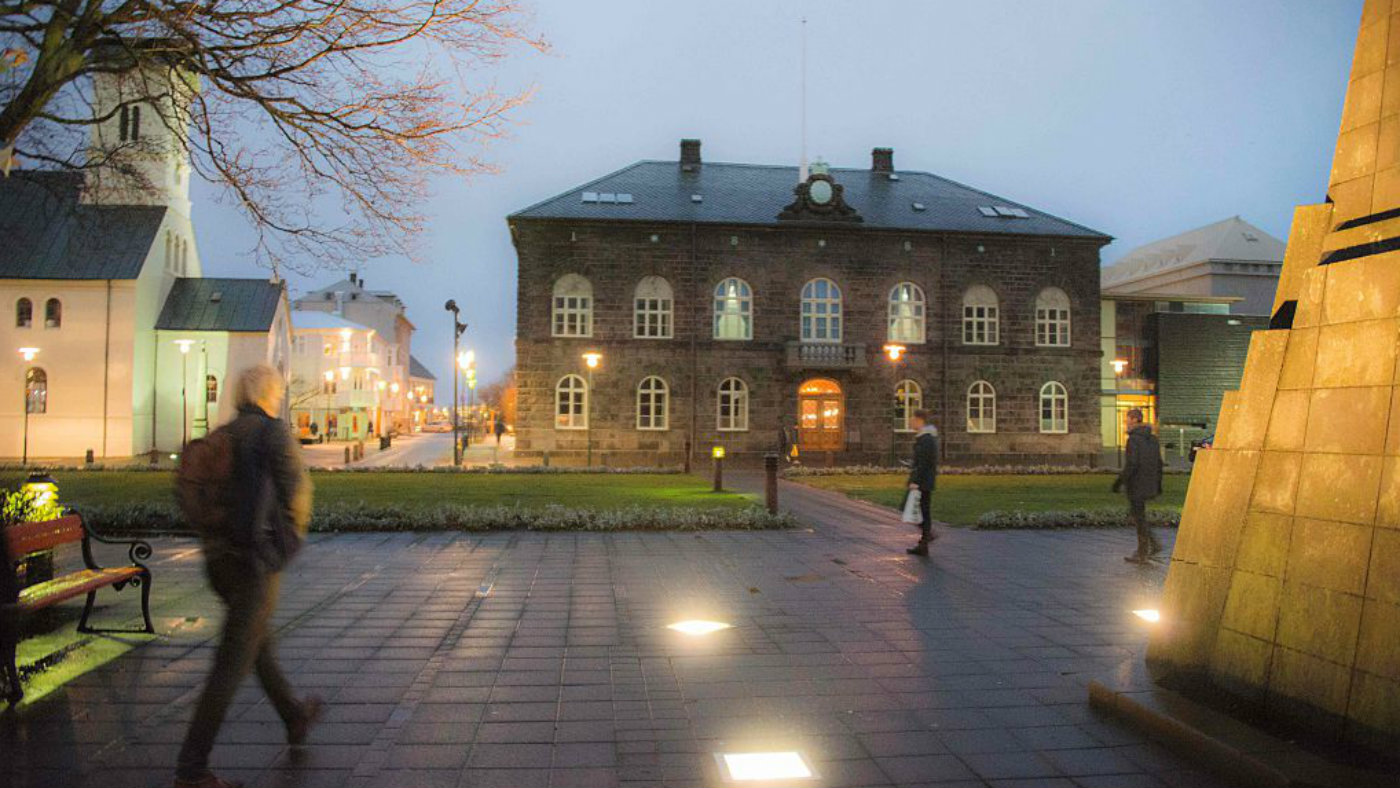Iceland ends capital controls imposed after financial crash
Country returns to international finance markets as tourism helps economy grow 7.2 per cent

A free daily email with the biggest news stories of the day – and the best features from TheWeek.com
You are now subscribed
Your newsletter sign-up was successful
Iceland is to end all capital controls on its citizens, businesses and pension funds tomorrow, removing the last of a series of measures introduced after the financial crash.
The move "represents the completion of Iceland's return to international financial markets", says the BBC.
Finance minister Benedikt Johannesson said the "careful, measured approach to lift capital controls", which restrict money flowing in and out of the country and helped stabilise Iceland's currency and economy following the collapse of its biggest banks, had been developed and approved with domestic and international support.
The Week
Escape your echo chamber. Get the facts behind the news, plus analysis from multiple perspectives.

Sign up for The Week's Free Newsletters
From our morning news briefing to a weekly Good News Newsletter, get the best of The Week delivered directly to your inbox.
From our morning news briefing to a weekly Good News Newsletter, get the best of The Week delivered directly to your inbox.
He added: "As a result of this structured plan, our diversified economy is larger than ever before and expected to continue to grow at a robust pace this year."
Over the past year, Iceland's government and central bank have been lifting controls through what they say has been an "incremental, measured process that focused on protecting the currency, addressing a balance of payments problem and tempering shocks to the Icelandic economy", the BBC reports.
Iceland's economy was once dominated by the financial services, which were worth around seven times the country's entire economic output at their peak, and so was very exposed when the financial crisis struck.
Since then, a rise in tourism has helped diversify Iceland's economy and contributed to it growing by 7.2 per cent last year. The BBC says 1.8 million people visited the island in 2016, up 40 per cent from 2015 and around five times the resident population.
A free daily email with the biggest news stories of the day – and the best features from TheWeek.com